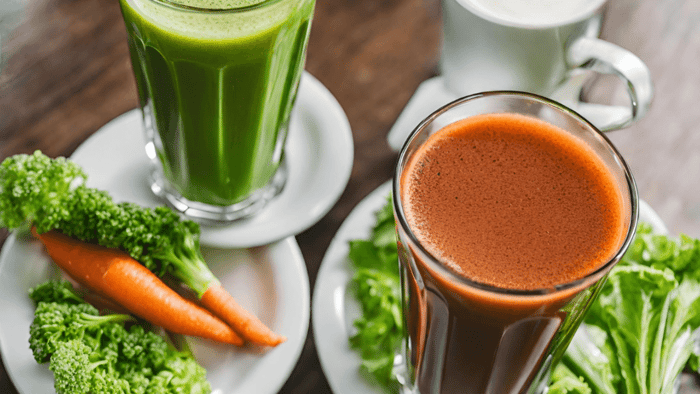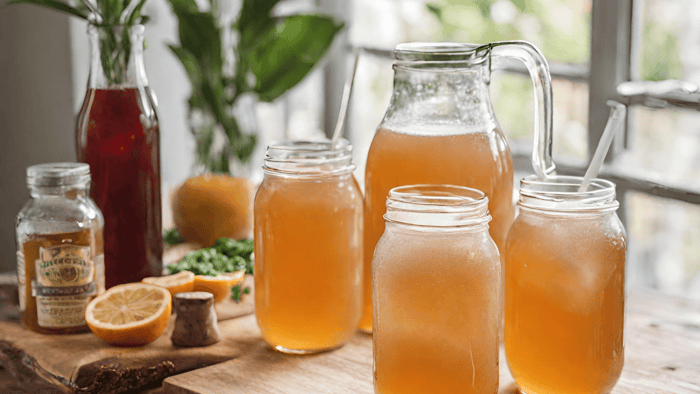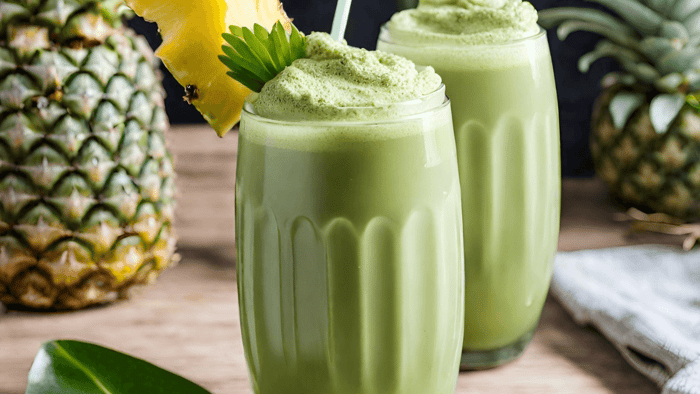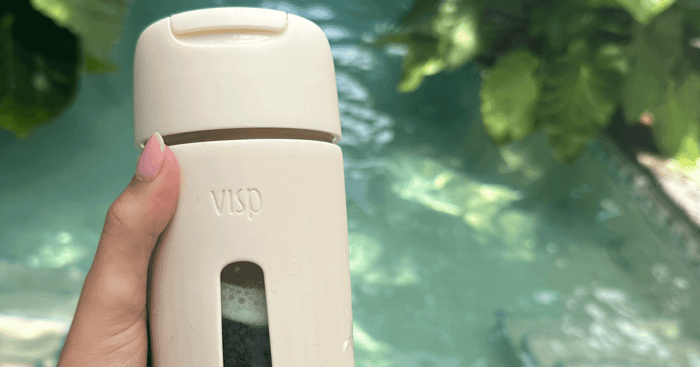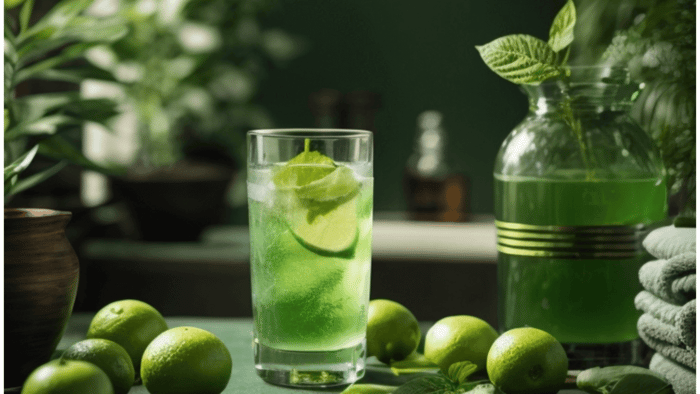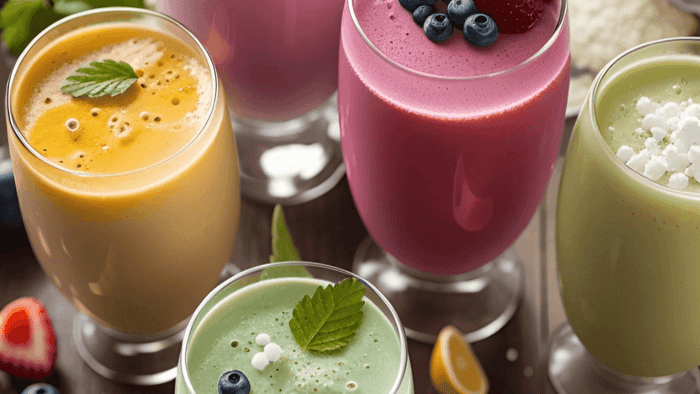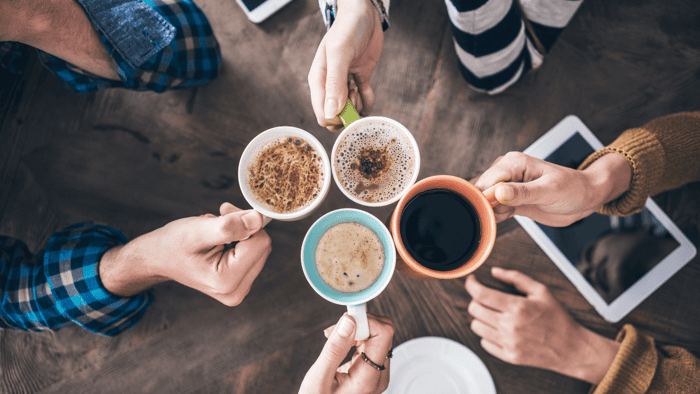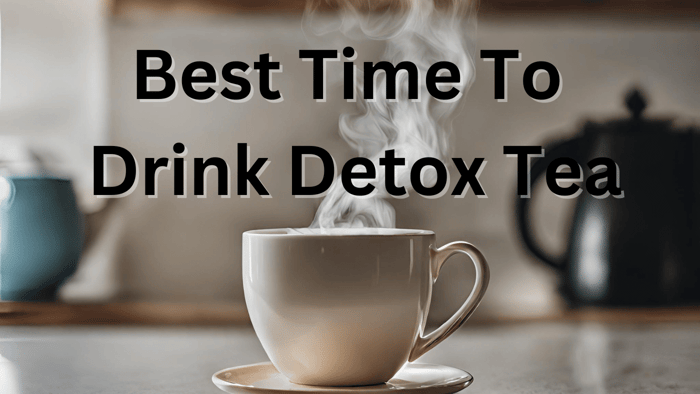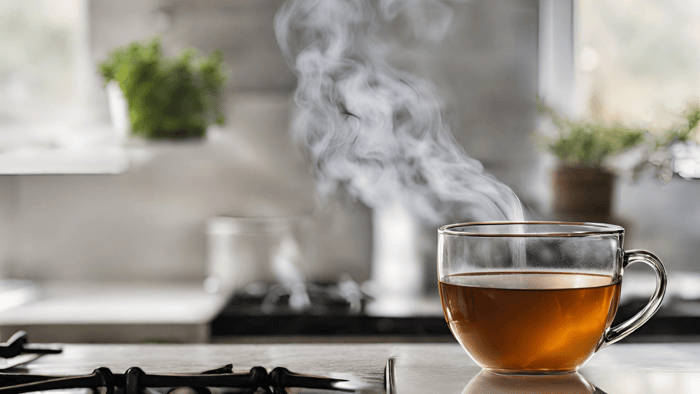Are you considering a juice cleanse but can’t imagine going without your daily dose of coffee? You’re not alone! Many people wonder, “Can you drink coffee while juicing?” If they can still enjoy their favorite caffeinated beverage while on a cleanse. In this comprehensive guide, we’ll explore the effects of coffee on a juice cleanse, provide guidelines for coffee consumption during the cleanse, and offer coffee alternatives and tips for a successful coffee-free juice cleanse experience. Let’s dive in!
Key Takeaways
-
Reduce caffeine intake and opt for herbal tea or fruit-infused water during a juice cleanse to maximize its benefits.
-
Prepare for your cleanse by cutting back on processed foods, added sugars, and alcohol to reduce cravings.
-
Gradually reintroduce coffee into your diet post-cleanse to achieve a healthier lifestyle!
The Effects of Coffee on a Juice Cleanse
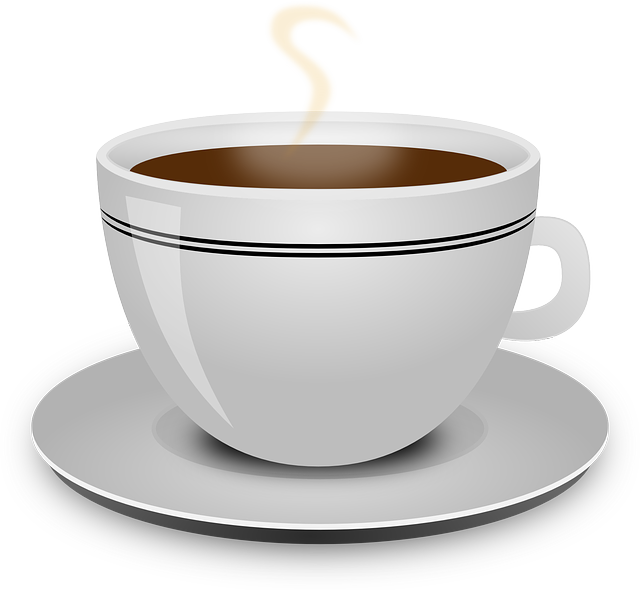
While coffee consumption during a juice cleanse might disrupt sleep, boost stress hormones, and alter pH levels, it’s not imperative to completely avoid it. However, understanding these potential issues can guide you in making informed decisions to maximize your cleanse’s benefits.
Sleep Disruption
Caffeine, the stimulant found in coffee, can block sleep receptors in your brain, making it more difficult to get the restful sleep you need during a juice cleanse. As your body undergoes the detoxification process, quality sleep is essential for healing and rejuvenation. Therefore, contemplating a coffee break during your cleanse could contribute to optimum results.
If you’re concerned about how to manage without coffee during your cleanse, there are several strategies to help:
-
Gradually reduce your caffeine intake before starting the cleanse
-
Stay hydrated throughout the cleanse
-
Consider trying some caffeine-free alternatives like herbal coffee, herbal tea, or fruit-infused water.
Increased Stress Hormones
During a juice cleanse, coffee can boost cortisol and adrenaline levels, leading to stress-like effects on the body. Heightened stress hormones can disrupt the body’s ability to absorb and make use of the nutrients from the juice cleanse, potentially reducing the overall effectiveness of the cleanse. Thus, choosing otherwise zero-calorie beverage alternatives such as herbal tea or fruit-infused water during a cleanse could be beneficial.
Remember, the goal of a juice cleanse is to give your digestive system a break and provide your body with essential nutrients from fresh juices. By following a juice cleanse coffee free regimen, you’re ensuring a more successful detoxification process and a healthier outcome.
Altered pH Levels
Coffee is acidic and can disrupt pH levels during a juice cleanse. Altered pH levels can potentially lead to:
-
Dietary-induced low-grade metabolic acidosis
-
Bone metabolism impairment
-
Kidney stone formation
-
Other disorders
Given that the effects of disrupted pH levels on body temperature can vary individually during a juice cleanse, keeping a check on your coffee intake is advisable.
Maintaining healthy pH levels is essential for a successful cleanse. By reducing the intake of acidic foods like coffee and introducing more fruits and vegetables, the pH balance of the blood can be improved, helping you achieve your health goals.
In short, it’s best to avoid coffee during a juice cleanse to minimize the risk of altered pH levels and maximize the benefits of your cleanse.
Coffee Consumption Guidelines for Juice Cleanses
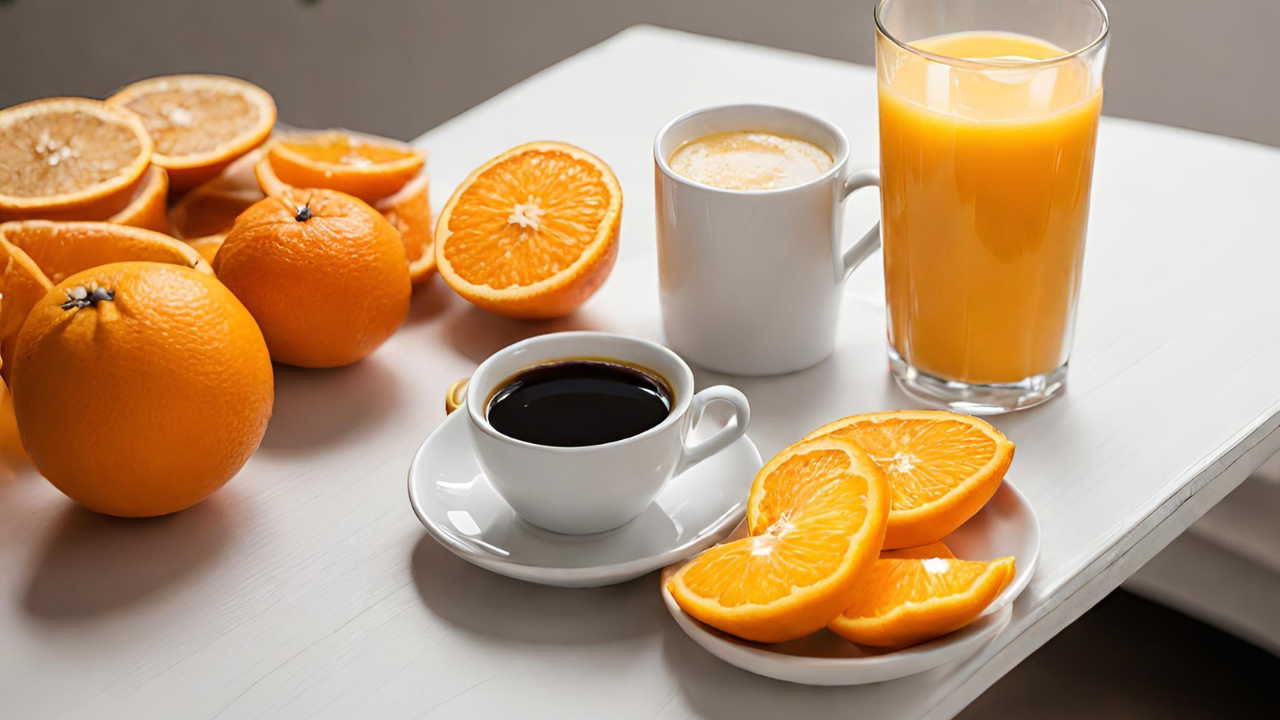
For the best results from your cleanse, you might want to skip coffee during a 3-day juice cleanse. However, if necessary, decaf can serve as a suitable substitute. Keep in mind that even decaf coffee can still have some negative effects on your cleanse, so it’s better to opt for other caffeine-free alternatives if possible.
Let’s explore some guidelines for specific types of cleanses and how to manage your caffeine intake.
3-Day Juice Cleanse
A 3-Day Juice Cleanse is a type of detoxification program that involves drinking only fresh juices for three days. During this time, coffee is not recommended as it can interfere with the detoxification process and prevent you from achieving the desired results. Coffee can disrupt normal drug metabolism and detoxification in the liver, making it difficult to regulate the detoxification process.
Furthermore, coffee can cause dehydration, which is not ideal for the hydration and cleansing goals of a juice cleanse. To fully benefit from your 3-day juice cleanse, avoiding coffee and concentrating on hydration through water, herbal tea, and fruit-infused water can be beneficial.
Decaf Coffee
While decaf coffee contains minimal caffeine compared to regular coffee, it is still not ideal for a juice cleanse. Decaf coffee can interfere with sleep receptors and lead to dehydration, both of which are not conducive to the cleansing process. To maximize the benefits of your cleanse, it is best to abstain from coffee altogether and opt for water or black coffee without additives if necessary.
If you decide to consume decaf coffee during your cleanse, be sure to drink plenty of water to offset any potential dehydration and monitor any changes in how your body feels. The goal is to support and optimize the detoxification process during your cleanse.
Tips for a Coffee-Free Juice Cleanse
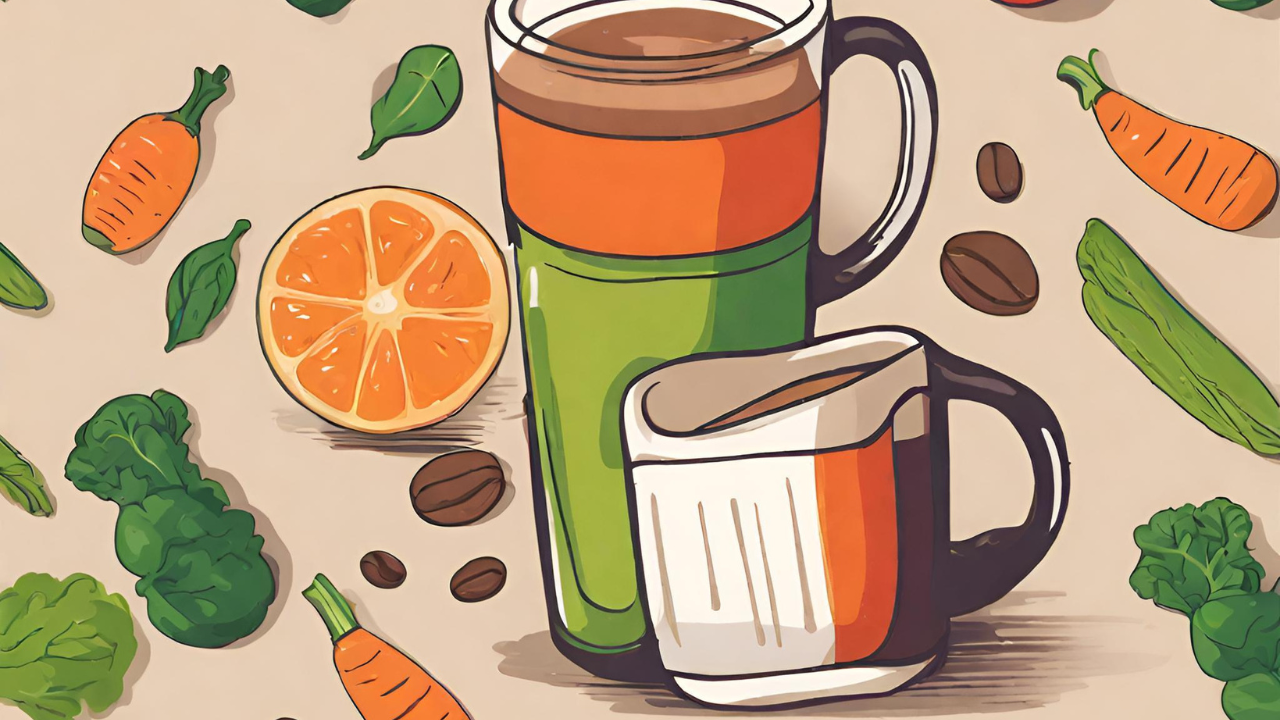
Successfully navigating a coffee-free juice cleanse may seem challenging, but with a few helpful tips and tricks, you can make the most of your cleanse experience. By gradually reducing your caffeine intake, staying hydrated, and incorporating healthy snacks, you can optimize the benefits of your juice cleanse and feel great throughout the process.
Gradual Caffeine Reduction
Before embarking on your juice cleanse, decreasing your caffeine consumption gradually can help prevent withdrawal symptoms and facilitate your body’s adjustment to the cleanse. Here are some steps you can take to taper down your caffeine consumption:
-
Over the course of a week, gradually reduce the amount of caffeine you consume.
-
Start your day with warm lemon water instead of coffee.
-
Switch to half-caff or decaf coffee.
-
Opt for black or green tea as a lower-caffeine alternative.
By following these steps, you can minimize the impact of caffeine withdrawal and prepare your body for a successful juice cleanse.
By gradually reducing your caffeine intake before your cleanse, you can minimize the risk of withdrawal symptoms and ensure a smoother transition to the cleanse. This will help you avoid any potential side effects and maximize the benefits of your juice cleanse.
Hydration
Adequate water intake during a juice cleanse aids in detoxification and helps ward off dehydration. Water helps to:
-
Flush out toxins
-
Support kidney function
-
Aid in the elimination of non-organic waste products
-
Lubricate the joints
-
Encourage regular bowel movements
-
Boost energy levels by preventing dehydration
In addition to drinking water, consider incorporating hydrating fruits and vegetables like:
-
watermelon
-
oranges
-
grapefruit
-
cucumbers
into your cleanse. Lemon water and herbal teas are also excellent options for staying hydrated during your juice cleanse.
Healthy Snacking
If hunger strikes during your cleanse, opt for healthy snacks like plant-based broth or almonds instead of going cold turkey. These options can help curb your appetite, provide essential nutrients, and support your cleanse without sabotaging your progress.
Plant-based broth is an excellent snack during a juice cleanse, as it is packed with essential nutrients and helps curb hunger. Almonds are another great option, as they are rich in antioxidants, vitamin E, protein, and fiber, which can help control blood pressure levels, reduce weight, and promote heart health. Almond milk, being a plant-based alternative, can also be a suitable addition during a juice cleanse. These healthy snack options can help you stay on track with your juice cleanse and keep you feeling satisfied.
Coffee Alternatives During a Juice Cleanse
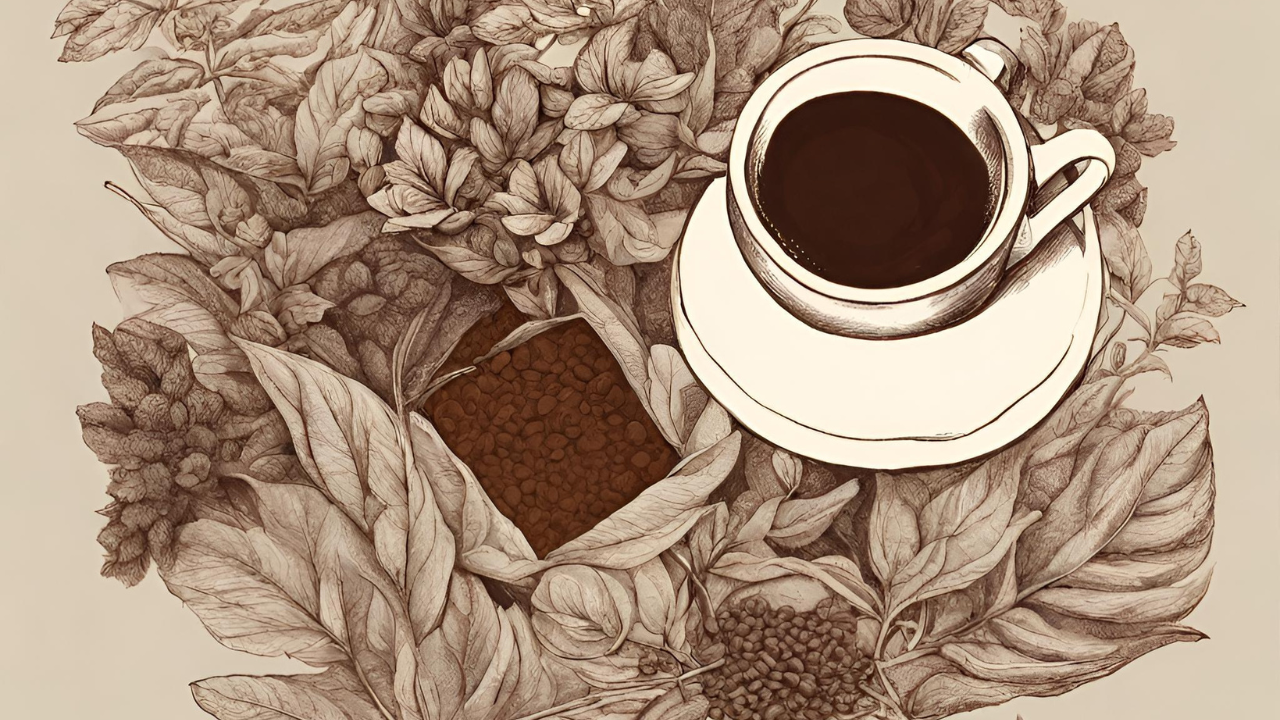
For those seeking coffee substitutes during the cleanse, various options can help maintain energy and focus throughout the process. Herbal coffee, herbal tea, and fruit-infused water can all provide a refreshing and flavorful alternative to coffee and energy drinks while still offering the benefits of hydration and detoxification.
Herbal Coffee
Herbal coffee is a caffeine-free coffee alternative that can help satisfy your coffee cravings during a cleanse. Made with a blend of healthy herbs, herbal coffee has a similar flavor to regular coffee but without the caffeine. Additionally, it may contain beneficial nutrients like antioxidants and help reduce inflammation, improve digestive health, and decrease blood sugar levels.
To prepare herbal coffee, use a French press or other brewing method and enjoy the delightful flavor without the negative effects of caffeine. For those who prefer caffeinated teas or occasionally drink coffee, popular herbal coffee brands include Teeccino, DandyBlend, and MUD/WTR.
Herbal Tea
Herbal tea provides a warm, comforting beverage option without the negative effects of caffeine. Drinking herbal teas like ginger, chamomile, and hibiscus during a juice cleanse can help with digestion, boost your immune system, and provide a sense of relaxation. Herbal teas can also help keep you hydrated and add some extra flavor and variety to your juice cleanse.
To combat caffeine withdrawal symptoms during your cleanse, try chamomile and peppermint herbal teas to help you relax and unwind without the jitters that come with caffeine. Enjoy a soothing cup of herbal tea during your cleanse for a calming and revitalizing experience.
Fruit-Infused Water
Fruit-infused water offers a refreshing and flavorful alternative to coffee while staying hydrated during a cleanse. Simply add sliced fruits and herbs to a pitcher of water and let it infuse for 1-2 hours to create a delicious and hydrating beverage. Some popular combinations include strawberry, lemon, and basil; watermelon, jalapeño, and mint; and mango, coconut, and lime.
Citrus fruits, cucumbers, and fresh herbs like mint and basil are excellent choices for infusing water during a juice cleanse, as they can add a delightful zest to your water and help with detoxification. Enjoy a glass of fruit-infused water throughout your cleanse to stay refreshed and hydrated.
Preparing for Your Juice Cleanse
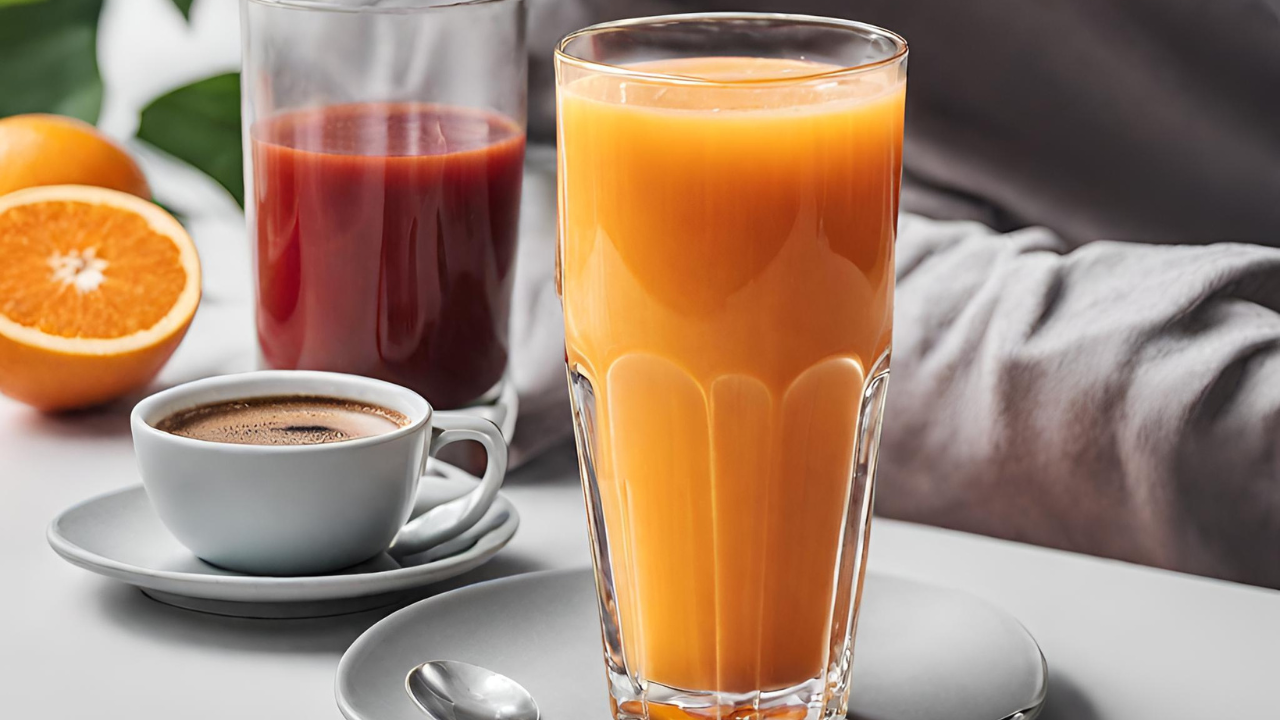
For a triumphant juice cleanse, adequate preparation is key. In the days preceding your cleanse, it’s advisable to cut back on caffeine, processed foods, added sugars, and alcohol. This can help start the detoxification process and make the transition to juicing easier without shocking your digestive system.
Lowering added sugars and alcohol intake before a juice cleanse can help you avoid excessive sugar consumption during the cleanse and potential spikes in blood sugar levels. Additionally, reducing caffeine and processed foods can help:
-
curb cravings
-
improve sleep
-
reduce the risk of nutrient deficiencies
-
improve hydration
Post-Cleanse Coffee Reintroduction
Post-cleanse, reintroducing coffee to your diet gradually can help evade potential side effects and sustain the benefits of the cleanse. Here’s how to do it:
-
Start by gradually incorporating caffeine back into your diet.
-
Take note of how it makes you feel.
-
Remember to stay hydrated.
-
Continue to fill your plate with nutrient-rich foods for the best results.
By reintroducing coffee in a mindful manner, you can enjoy the energy boost and improved focus that comes with caffeine while maintaining the positive effects of your juice cleanse. With careful planning and a balanced approach, you can enjoy the benefits of both coffee and a juice cleanse for a healthier lifestyle.
Summary
In conclusion, while it’s not recommended to drink coffee during a juice cleanse, there are ways to manage your caffeine intake and enjoy alternatives like herbal coffee, herbal tea, and fruit-infused water. By preparing for your cleanse, staying hydrated, and gradually reintroducing coffee post-cleanse, you can maximize the benefits of your juice cleanse and enjoy a healthier, more energized lifestyle. Cheers to your health!
Frequently Asked Questions
Can you drink coffee while doing a juice cleanse?
No - you should take a break from coffee during a juice cleanse. Tapering your caffeine consumption before and after your cleanse will help maximize its benefits.
What should you not do while juicing?
Avoid making common mistakes when juicing, like not washing your fruits and veggies, using only fruits and no veggies, drinking it too quickly or with a meal, storing your juice in a plastic container, and not hydrating enough.
Why can't you drink coffee while detoxing?
It's not advisable to drink coffee while detoxing because it can disrupt digestion, interfere with the body's natural detoxification process, and lead to fluid loss and dehydration. Its acidic properties can also upset your stomach, especially for those with IBS. Limit your coffee consumption to no more than two cups per day.
How long after green juice can I drink coffee?
For best results, drink your green juice on an empty stomach in the morning and wait at least an hour before enjoying your coffee.
What are some coffee alternatives during a juice cleanse?
Make your juice cleanse enjoyable with a variety of coffee alternatives like herbal coffee, herbal tea, and refreshing fruit-infused water!
Try the Elixir Mixer—our electric whisk bottle—crafting a diverse range of hot and cold drinks is streamlined. Fill it up, press the button, and 15 seconds later—get sipping. It will quickly become the MVP of your everyday rituals.
